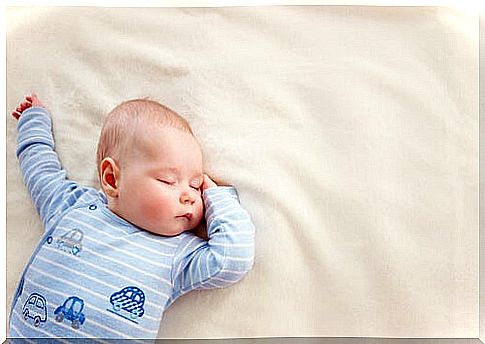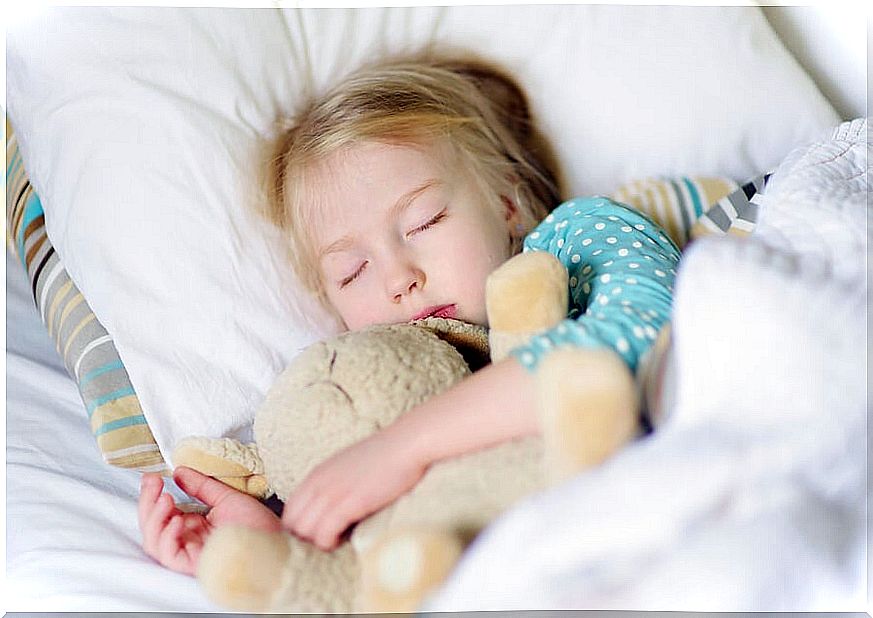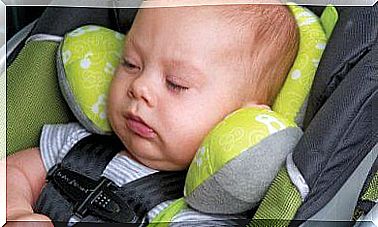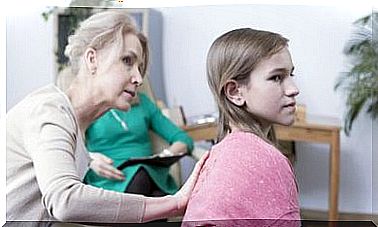Benefits Of Taking A Nap For Babies And Children

Sleep is important for children’s health. It is a fundamental factor in the physical, intellectual and emotional development of human beings.
During the hours that children sleep, their body does not just get rest. Their brain performs very valuable neurological processes.
Given the benefits of taking a nap for babies and children, these periods of daytime sleep should be considered very helpful. Enabling children to get enough sleep and rest will benefit the overall health and development of children.
What are the benefits of taking a nap for babies and children?
It is typical that parents find that their children are in a better mood the rest of the day when they have been given a nap. The contrast is especially visible when they have not been given a nap. In those cases, it is normal to hear parents say, “They are irritable because they did not get a nap.”
What are the benefits of taking a nap for babies and children?
- While sleeping, children regain their physical energy. Their bodies rest and regain the mental energy they need for the rest of the day.
- Releases tension. The mind is disconnected from all external forms of stimuli. That way, hyperactivity and anxiety will be reduced.
- Taking a nap enhances attention, concentration and willingness to discover and explore the world.
- Memory improves. Children remember what they have learned much better if they take a nap. While dreaming, you absorb what you have learned throughout the day, and you are also more willing to learn new things.

The impact of taking a nap on a child’s life
- A nap contributes to a good mood, as well as a positive attitude. After a nap, babies and children are more relaxed. They are also more willing to do what they are asked to do.
- A nap contributes to normal growth. Sleep regulates certain vital functions. During sleep, growth hormone is released, which is essential for development.
- A nap benefits a good night’s sleep. If children are exhausted or tense at night, they may have difficulty sleeping. A good nap will allow them to have a restful night’s sleep.
- Social relationships are better. A child who does not take a nap may be more aggressive. It can affect emotional development, not taking a nap, as well as the way children interact with other children.
The duration of a nap for babies and children
As they grow, children need less sleep. Until they are 4 or 5 years old, these hours will be distributed over the night’s sleep and lurking. Later, sleep during the day will, as a rule, disappear.
- Newborns: The total amount of sleep is about 18 hours. The time that newborns spend on lurking is usually equal to the time adults are awake. Lure takes up to 8 or 9 hours.
- 1 month old: The total amount of sleep is about 17 hours. At this age, nighttime sleep will expand – 10 hours a night – and sleep during the day will be reduced – nap will fill up to 8 hours.
- 3 months old: At this stage, the total amount of sleep will decrease to about 16 hours. At night, they will sleep about 10 hours. During the day, they will need at least 3 naps of about 2 hours each.

From the age of 6 months
- 6 months: At the half-year mark, the total amount of sleep will be about 15 hours. In general, babies will be more externally stimulated and the naps will be reduced to 2. The naps will have a duration of about 4 or 5 hours in total.
- 1 year: When children are 1 year, the total amount of sleep will be about 14 hours. Lure will be shorter. Children will take 2 naps of approximately 1-1.5 hours each.
- At 18 months, they will adapt to a rhythm that they will maintain until they are about 4 or 5 years old. The total amount of sleep will be about 13 or 14 hours. They will just take one nap in about 2 hours.
These data are estimates. Each child will have his or her own rhythm of night sleep and nap. The most important thing is to enable, as well as encourage, these moments of rest.
Removing the nap because of the convenience of the parents, or for work reasons, is not a good idea. That habit can harm the baby’s normal development, so it’s best to promote that babies and children should have a nap.









